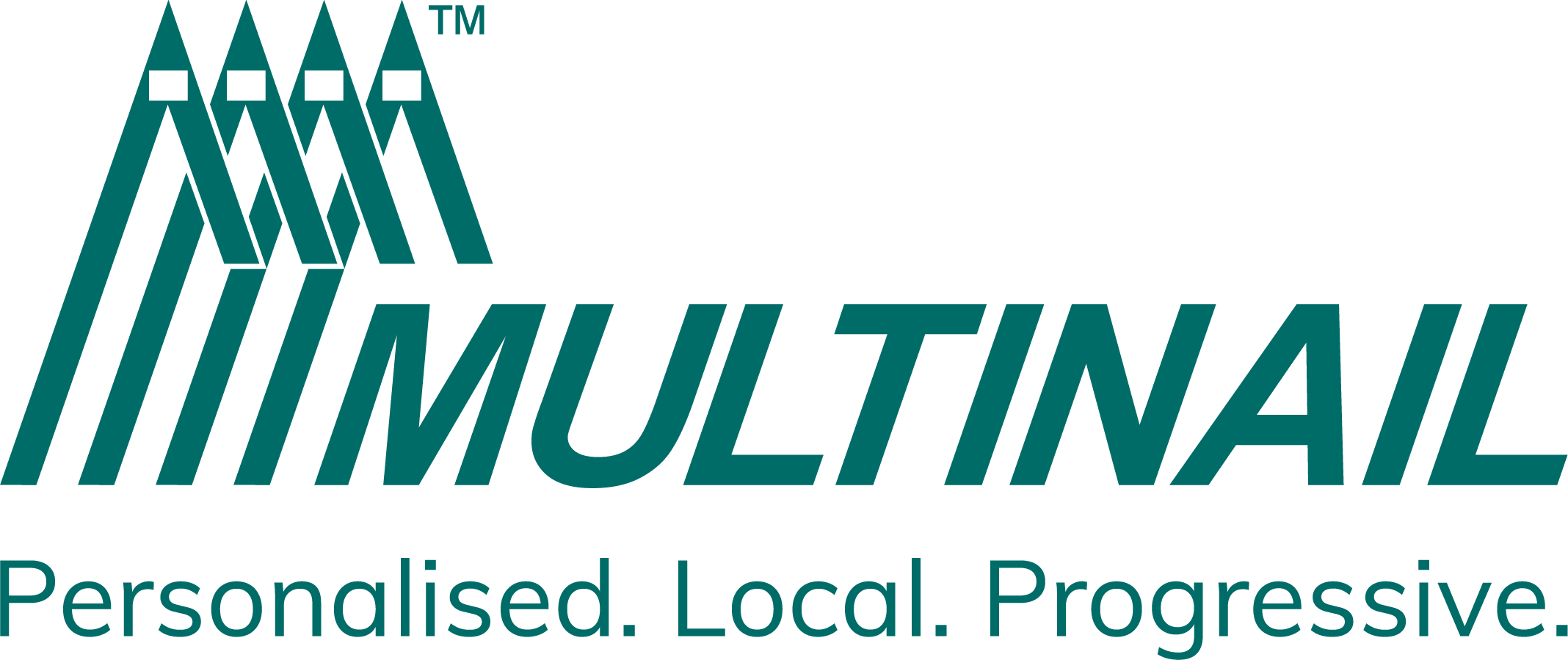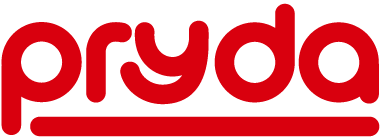This piece was written by FTMA’s Kat Welsh.
On Tuesday 24th May the state of Victoria held its breath while Victoria’s Treasurer, Tim Pallas, announced the rundown of Victoria’s Budget for 2023/24.
The key components from The Budget were a 10-year plan to pay off COVID debt, and the focus of the Government’s improvements for Victoria.
Dan Andrews also gave an outlook of what they would be putting money into, to continue investing in Victoria. The main benefits being a focus on renewable energies – particularly an emphasis on growing wind farms; healthcare, mental health supports, and redeveloping 2 major hospitals in Melbourne; growing women’s and Indigenous healthcare across the state; bringing back the SEC; free kinder and childcare supports for parents and growing Government owned childcare centres; building new schools; continuing the improvements of trains and public transport; and boosting the free TAFE programs.
But what about all those businesses that have been doing it extremely hard over the last few years? Especially in Victoria – with the strictest and most enduring of lockdowns throughout the pandemic. There are some benefits, with small business being heralded as one of the ‘winners’ from The Budget announcement.
In terms of small business, the Victorian Government are investing in the Economic Growth Package. Advantages include;
- Scrapping of stamp duty for commercial and industrial properties, changing to an annual property tax instead (10 years after purchase) – current owners will be exempt.
- Small business tax-free threshold on payroll tax will be increased from $700,000 to $900,000 from July 2024, then increased to $1 million from July 2025.
- The Business Insurance Duty will be gone for Victorian small business by 2024/25.
- The appointing of an Economic Growth Commissioner to focus on productivity and growth solutions for the sector.
- The Business Acceleration Fund to have an investment of $30 million.
“Around 6,000 businesses who otherwise would have paid payroll tax will no longer pay a cent once the threshold reaches $1 million – and more than 26,000 businesses in total will benefit. Going forward, the benefit of the payroll tax-free threshold will be phased out for larger businesses, to ensure this support is well targeted,” said Treasurer Tim Pallas.
Pallas also predicts that small businesses across Victoria will save aprox $275 million in the first 3 years of the axing of the Business Insurance Duty, as part of the Economic Growth Package.
(source; media release statement VIC Gov Treasury and Finance)
Free TAFE Expanding
With funding for free TAFE courses increasing, this could also be a benefit to small trades businesses, as the upskilling rule to qualify for free TAFE has been abolished. What this means is that if you are a citizen or a permanent resident you get your TAFE pathway funded by the Victorian Government, even if you already have a qualification in something. If someone is changing career pathways and that involves TAFE for the first time, good news!
Not all TAFE courses are free however, there is an expanding list – with some options for the timber-related-pathways businesses, but most are only partially funded by government at this stage.
The Victorian Government have committed to free car registration for apprentices as part of The Budget, which will help our trainees get to work at a reduced rate – with petrol prices still high, this must be a bonus to keep the new staff rolling in!
COVID Debt Repayment Plan
It’s not good news for all business owners though.
According to the Victorian Government, we are $31.5 billion further in debt from supporting the state through the pandemic. The 10-year plan outlined on Tuesday targets how we’re going to repay that. The main ‘losers’ from the projection are big business, and property investors.
“We know some did better out of the pandemic than others – and it is only fair that those that did well contribute to the repayment effort,” said Tim Pallas (Victorian Budget Website).
For businesses with a payroll of $10 million or more, higher taxes are on the cards, predicted to raise approx. $3.9 billion over the next few years. Land taxes will increase for anyone owning multiple properties or holiday homes. The Public Service sector – which due to the demand of the pandemic increased its employment – will be losing 4000 jobs to total $5 billion towards the COVID Debt Repayment.
Native Timber Logging Gets the Chop
Also within The Budget, is the banning of all native timber logging from 2024 in Victoria, which follows suit with Western Australia’s impending bans. The Victorian Government are committing $200 million (over the next 4 years) to support those working in the native logging industries by supplying funds for them to retrain in new employment. Access to the courses currently on the free TAFE lists are accessible to those impacted, plus $8,000 of education vouchers for courses not covered under the scheme.
Funding from The Budget is also accessible for businesses impacted through the Timber Innovation Fund, or The Supply Chain Resilience Package.
Of course, there will be monumental implications for the towns and communities not just impacted, but reliant on the industry. We hope that the Government is as hands on with supporting these communities, as they say they will be – with any luck they won’t fall into not seeing the forest for the trees. The ripple effects will be felt strongly for years to come for those affected, and the industry. $200 million doesn’t seem so much when you split it between entire town ships, businesses, infrastructures, community uncertainty and wellbeing, on-top-of approx. 2000 individual job losses (Deloite 2017).
The decision has led to the resignation of CFMEU’s Michael O’Connor from the Victorian Forestry Plan Advisory Committee, with him saying that the Government did not consult with the committee before making the decision to end the native logging, 6 years earlier than originally planned (AAP). And indeed, it appears that impacted businesses and advisory boards were amongst the last to find out about the ban being brought forward, whilst media outlets were notified in advance of Tuesday’s public announcements.
While The Budget might bring relief for some and focus on important needs in the community – as well as bringing hope for small businesses trying to recover post COVID – it also heralds a downturn for others – like most budgets, it won’t all be straightforward.
As we try to focus on the positives and the way to grow and sustain our futures, our thoughts are also with all those facing uncertainty.
Our Principal Partners



